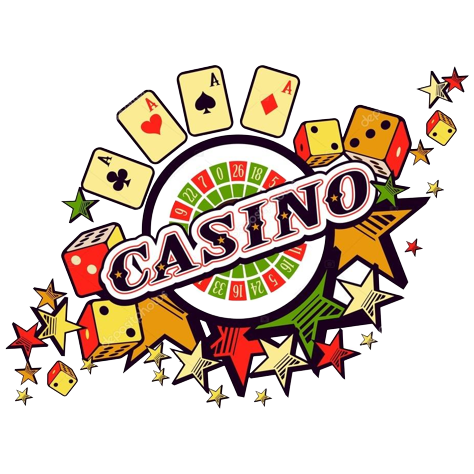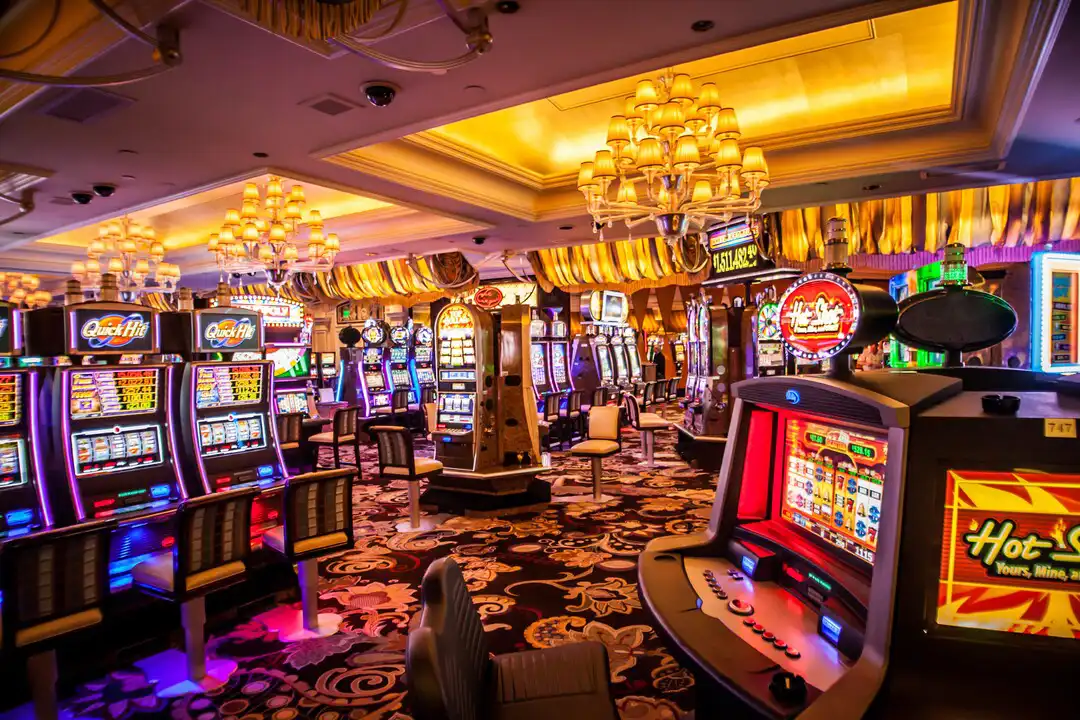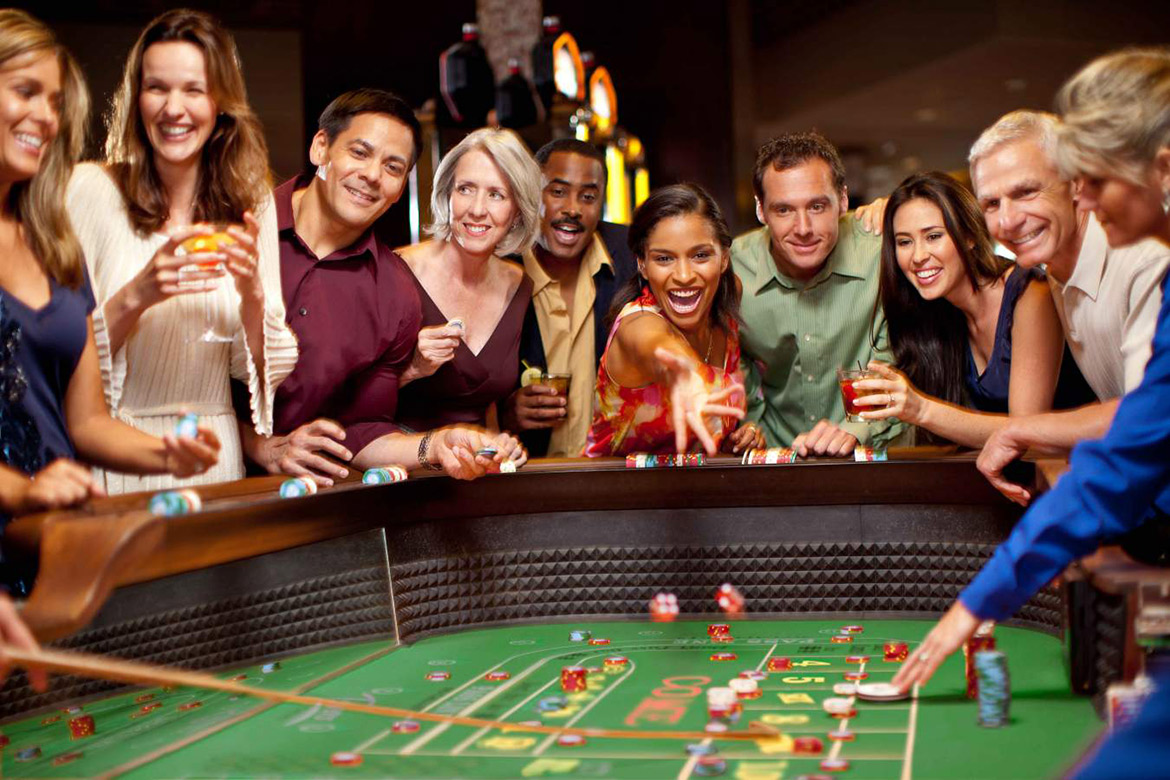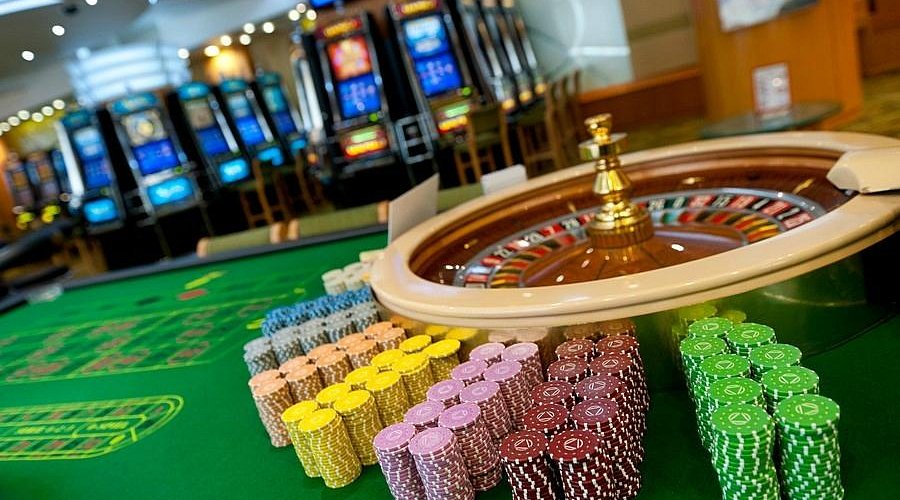It’s a familiar picture: a player enters a top online casino such as 22Bet casino, receives a welcome bonus and spins the reels for the first time. After a few minutes, their heart rate increases, dopamine starts to flow into their bloodstream, and they are hooked – not necessarily because of the jackpot, but because of the masterfully designed experience. In as little as 15 minutes, casual players can begin to develop powerful psychological and physiological responses that lay the groundwork for addictive behavior. But how exactly does this happen? In this expert research article, we reveal the exact mechanisms by which casinos shape habitual behavior through neuroscience, design, sound, and reward systems – often without the player realizing it’s happening.
The First 15 Minutes: The Most Dangerous Window
Why the Beginning Matters Most
Psychologists have long established that the brain forms habits quickly when stimulated by reward. In gambling, the first 15 minutes of gameplay are often engineered to maximize engagement and create emotional attachment.
Here’s why this window is critical:
- Neurological Imprinting: The brain is flooded with dopamine during first wins or near-misses, creating pleasure-reward pathways.
- Cognitive Bias: Early “wins” distort a player’s perception of luck, reinforcing risky behavior.
- Emotional Hook: The combination of colors, sounds, and rewards triggers a feeling of achievement—even if the player is already losing.
Casinos understand this window better than anyone and exploit it masterfully.
Variable Rewards: The Engine of Addiction
The Psychology of Unpredictability
One of the most potent psychological tools used by casinos is the variable-ratio reward schedule—the same method used in slot machines, loot boxes, and social media algorithms.
- Definition: Rewards are given at unpredictable intervals.
- Effect: Creates compulsive checking and repeated engagement, even when the player is losing.
- Real-World Parallel: Think of checking your phone for notifications. You never know when you’ll get a like or a message—so you keep checking.
How Casino Uses It
Although platforms casino operate within fair and regulated environments, they still implement game mechanics based on these psychological principles to increase session time and encourage return visits.
- Slot animations that suggest a near-win (e.g., two cherries and a blank).
- Mystery bonuses or free spins unlocked at random.
- Jackpot meters that look “almost full,” teasing a potential win.
Sound Design: When Music Becomes Manipulation
The Science Behind Slot Sounds
Gambling machines use reward-based audio cues to stimulate the pleasure centers of the brain. Whether it’s a digital ding, a jingle after a win, or the soft click of spinning reels, each sound is engineered to build anticipation or reinforce reward.
Audio Psychology in Action
- Minor Wins, Major Sound: Even when a player loses money overall, slot machines may trigger celebratory sounds for a “win” that’s actually less than the bet.
- Win Anticipation: Rising tones increase heart rate and alertness.
- Calming Background Music: Prevents players from becoming stressed and quitting too early.
These sounds aren’t just decoration—they are integral components of the addiction mechanism.
Visual Triggers: Colors, Lights, and Layout
Color Psychology in Casino Design
Casinos have long used colors like red and gold to evoke urgency and wealth. Online casinos replicate these techniques through vibrant animations and strategic interface design.
The Power of Animations
- Reel Spins: Slow down when a big win is near, increasing anticipation.
- Win Showcases: Flashing lights and screen shakes accompany payouts, even minor ones.
- Limited-Time Offers: Use countdown timers to trigger loss aversion and push players into immediate action.
Casino offers sophisticated game design that combines beauty with behavioral science—often blurring the line between entertainment and subconscious manipulation.
Reward Systems and Loyalty Programs: Subtle Behavioral Conditioning
Loyalty with a Price
Casino loyalty programs seem like harmless perks, but they’re often built on operant conditioning—a learning process that rewards behavior, encouraging repetition.
- Tiered VIP Levels: Reward progression over time, encouraging sustained play.
- Cashback on Losses: Softens the emotional blow of losing, incentivizing continued betting.
- Milestone Bonuses: Offer free spins or credit after X number of bets—encouraging completion, not caution.
The Result?
Players don’t just chase wins—they chase status, recognition, and momentum, which are powerful emotional drivers.
Neurological Changes in 15 Minutes
The Brain’s Rapid Response to Gambling
Even in short sessions, gambling can produce measurable neurological effects:
- Increased Dopamine: Similar to effects seen in substance use or sugar consumption.
- Reduced Activity in Prefrontal Cortex: Impairs decision-making and increases impulsivity.
- Memory Encoding: Wins, lights, and sounds create positive memory loops—even if the player lost money.
This is why players often remember feeling good, not losing—making them far more likely to return.
False Wins and Near Misses: The Illusion of Control
Near Miss Effect
One of the most insidious tools in casino game design is the near-miss, where the outcome feels almost like a win.
- Example: Two out of three jackpot symbols land on the screen.
- Emotional Response: The brain reacts as if it won, firing the same reward circuits.
- Reality: It’s a loss, statistically identical to any other.
False Wins: Winning Less Than You Bet
Slot machines often celebrate even when you’ve technically lost money:
- Bet: €1
- Win: €0.40
- Sound: Triumph jingle
- Visuals: Fireworks
This conditions players to associate losing with positive reinforcement.
Time Distortion and Dissociation
Losing Track of Time
Online gambling platforms are designed to eliminate distractions and remove clocks. This encourages a trance-like state where players:
- Forget how long they’ve been playing.
- Underestimate how much they’ve spent.
- Experience “flow state,” which is pleasurable but dangerous when tied to real money.
Psychological Dissociation
As players enter this zone, they often report:
- Feeling disconnected from reality.
- Diminished concern about consequences.
- Continuing to play despite discomfort or exhaustion.
This is one of the key ingredients in developing gambling addiction rapidly.
Social Engineering: Community, Competition, and FOMO
Social Triggers in Casino Design
Even solo online play can be socially engineered:
- Leaderboards: Create competition and push players to chase top spots.
- Live Win Announcements: “Paul from Germany just won €2,500!” evokes envy and desire.
- Limited Entry Tournaments: Tap into fear of missing out (FOMO), compelling players to join quickly.
Chat Rooms and Dealer Interaction
Live dealer games allow players to chat with real hosts and others at the table. This social element increases emotional investment, making it harder to walk away.
The Gateway: Free Spins and No-Deposit Bonuses
The Bait
Many new players are introduced to gambling via:
- Free spins
- No-deposit bonuses
- Cash match promotions
These offers lower the risk barrier and create a “why not?” mentality.
The Switch
Once players taste the excitement and emotional highs, they’re far more likely to:
- Deposit real money.
- Increase their betting size.
- Rationalize ongoing play, even after losses.
This freemium-to-premium model has been highly successful in mobile games—and even more so in online gambling.
Is It All Manipulation?
Where Ethical Design Ends and Exploitation Begins
Reputable platforms operate under strict regulations and responsible gambling policies. Yet, the psychological tactics used across the industry raise valid ethical questions:
- How much responsibility should the platform bear?
- Are players truly informed about how their brains are being engaged?
- Should emotional manipulation be regulated, like misleading ads?
Real Stories: The Hooked in 15 Minutes
Interview 1 – “It Felt Like Magic”
“I deposited €20, got 50 free spins, and on spin 6 I hit €80. I thought, ‘This is easy!’ Within an hour, I was €100 down and chasing.”
Interview 2 – “The Music Got Me”
“The moment I hit a win, the music exploded, and I felt euphoric. Even losing didn’t feel bad after that. I stayed up till 3 AM… on a work night.”
Tools for Awareness and Protection
What Can Players Do?
- Set Timers and Limits: Most casinos allow players to set deposit or play limits.
- Play in Full-Screen Mode Off: So time and browser tabs are visible.
- Use Gambling Journals: Track emotional states, not just wins/losses.
What Can Casinos Do?
- Integrate reality checks (pop-ups after 30 minutes).
- Offer voluntary timeouts or cool-down periods.
- Make true loss amounts more transparent in visual feedback.
Final Thoughts: The Thin Line Between Design and Dependency
Casinos are entertainment businesses—but their entertainment is built on deep psychological mechanisms that can easily slide into manipulation. Within just 15 minutes, a player can go from curious to compulsive, thanks to a perfect storm of sound, color, reward, and unpredictability.
Platforms operate responsibly within regulatory frameworks, but the broader industry must reckon with its power over the human mind—and so must the players.



